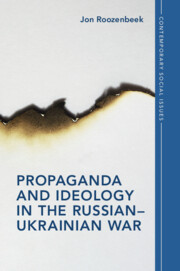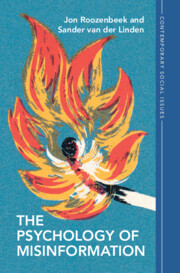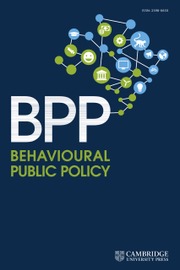Propaganda and Ideology in the Russian–Ukrainian War
Russia's invasion of Ukraine is one of the most important conflicts of the twenty-first century. With the start of military hostilities in 2014 also came an onslaught of propaganda, to both convince and confuse audiences worldwide about the war's historical and ideological underpinnings. Based on extensive research drawing on tens of thousands of news articles and hundreds of pages of legal documents and internal correspondence, this book offers the first comprehensive analysis of the role of propaganda, ideology, and identity in the Russian-Ukrainian war. It argues that, despite Russia's efforts to set up a media machine at home and abroad with eight years of propaganda legitimising Russia's presence in eastern Ukraine, Russia failed to vocalise a convincing alternative to Ukrainian nationhood. Instead, Russian propaganda backfired: Ukraine is now more united than ever before.
- Offers a comprehensive history of the Russian-Ukrainian war – one of the most important military conflicts of the 21st century
- Maps out the political machinations behind Russia's presence in Donbas, as well as why Russia's military goals have failed to materialise
- Explains the role of group identity and political ideology in modern-day war propaganda
- Uses 'big data' methods to analyse large volumes of (social) media content published during the war
Reviews & endorsements
‘Roozenbeek’s book is a valuable contribution to comprehending Russia’s war against Ukraine. Its uniqueness lies in its focus on the role that the people’s republics of Donetsk and Luhansk played in the Russian propaganda. These regimes are falsely portrayed by Moscow as regions breaking free from Ukraine in 2014 due to popular will. Roozenbeek skilfully dismantles this and other myths through a thorough analysis of news articles and policy documents, and also shows how this propaganda failed to convince most Russian-speaking Ukrainians. A remarkable accomplishment!’ Egbert Fortuin, University of Leiden
‘As Roozenbeek’s innovative analysis clearly shows, Moscow and separatist leaders were never able to articulate the identity of the Donbas as distinct from Ukraine following the occupation in 2014. The Russian invasion only helped to strengthen Ukraine’s political unity. Highly recommended for anyone interested in today’s turbulent world.’ Hiroaki Kuromiya, Indiana University
‘Meticulously researched, this book illuminates the dark arts of propaganda and ideology in Russia’s war on Ukraine.’ Jade McGlynn, King’s College London
Product details
May 2024Adobe eBook Reader
9781009243995
0 pages
This ISBN is for an eBook version which is distributed on our behalf by a third party.
Table of Contents
- Introduction
- 1. A history of Russian–Ukrainian relations
- 2. The politics of the Donbas 'Republics'
- 3. Building a propaganda machine
- 4. Newspaper narratives in occupied Ukraine
- 5. Identity and ideology in online media
- 6. The consequences of propaganda
- Concluding remarks
- Appendices.







